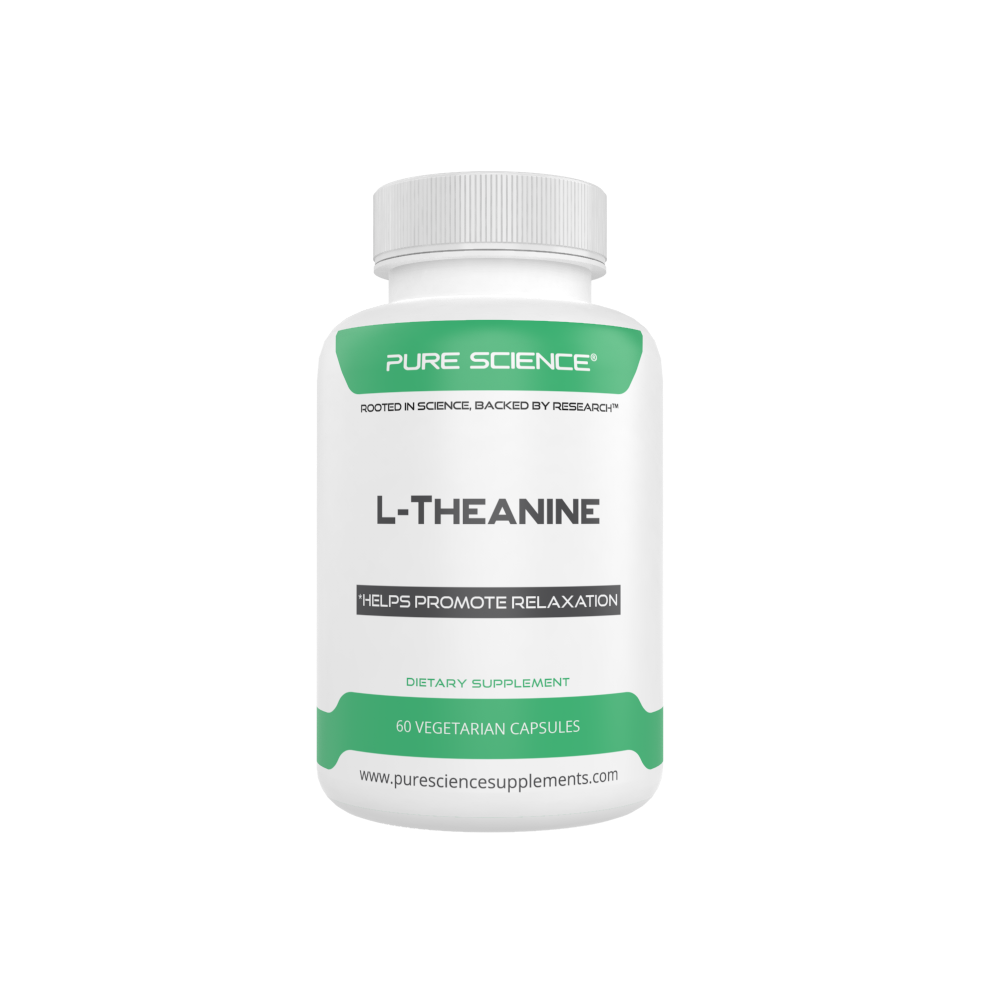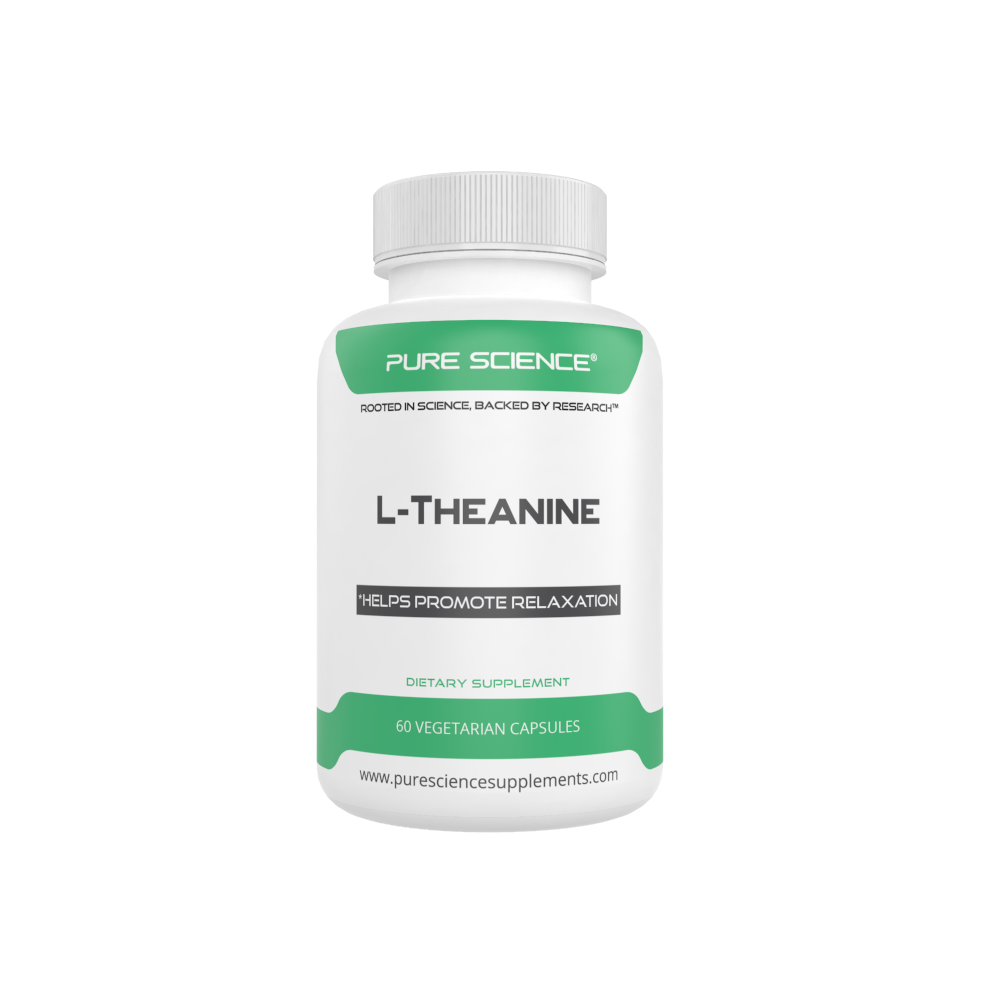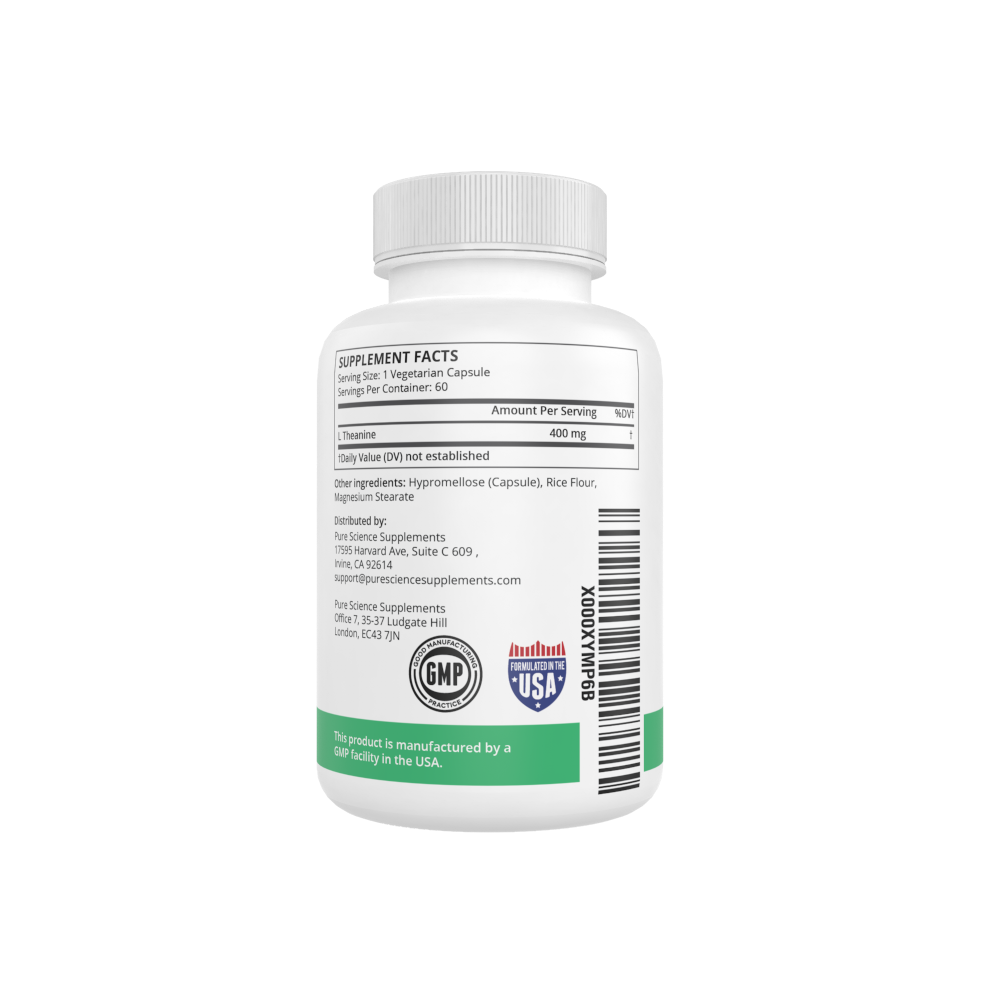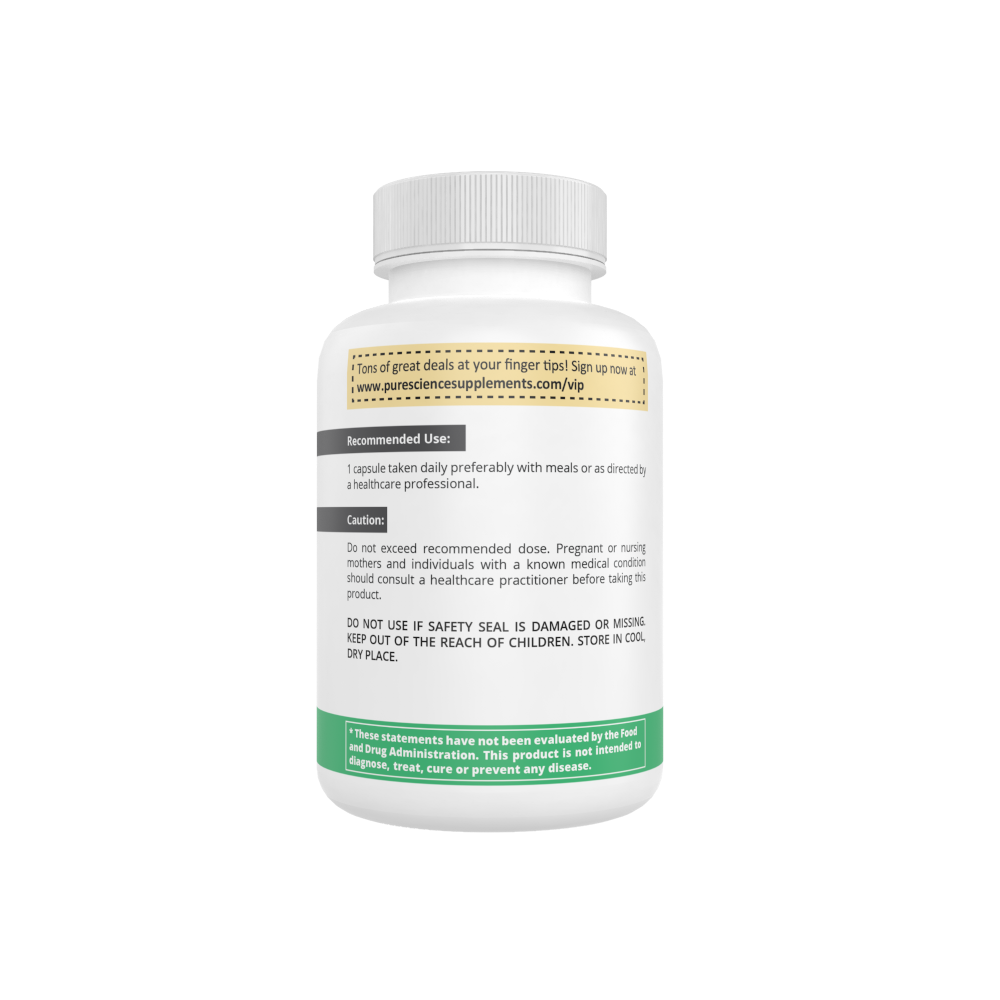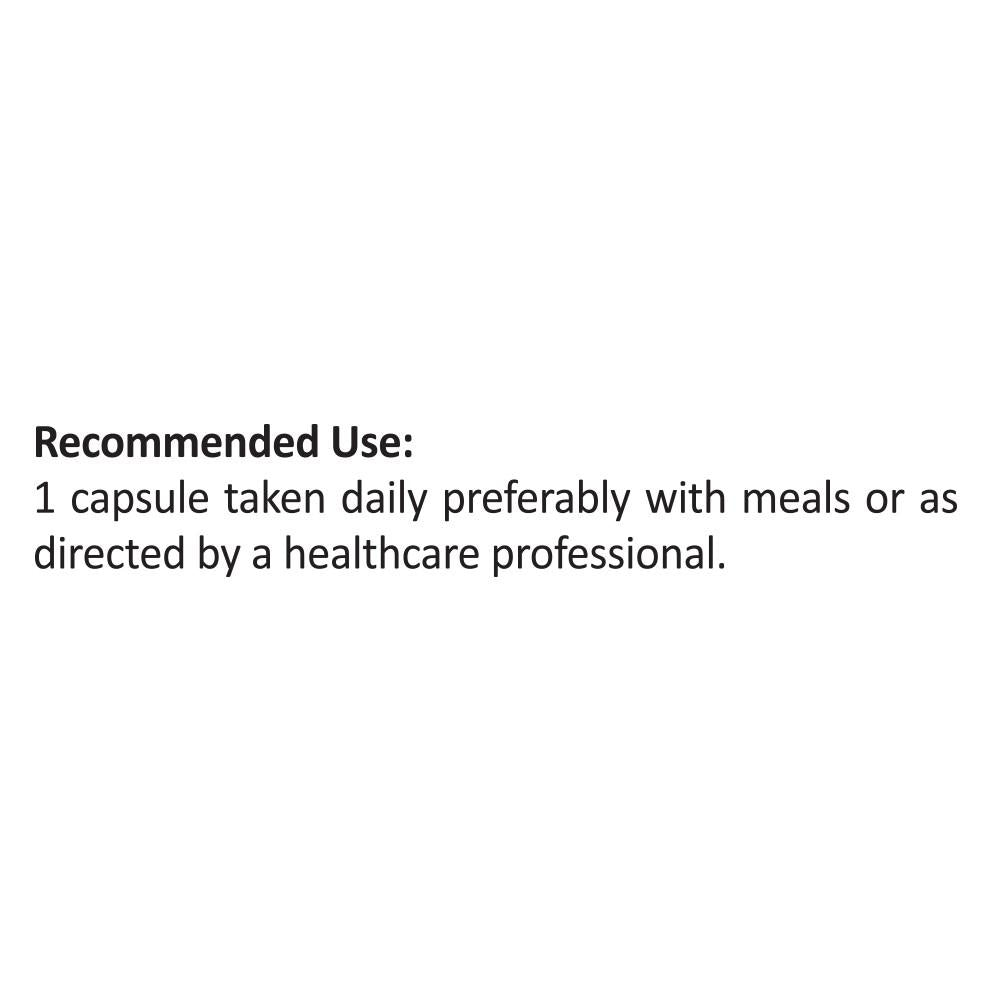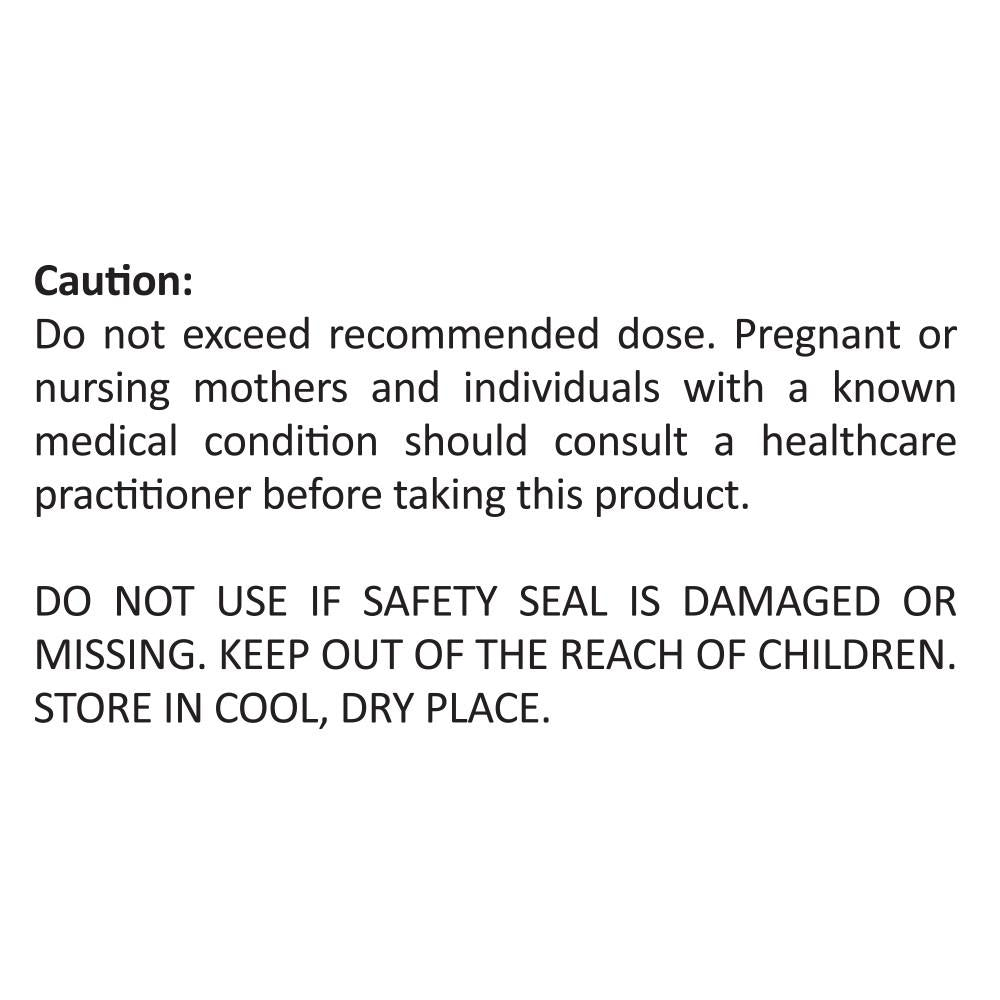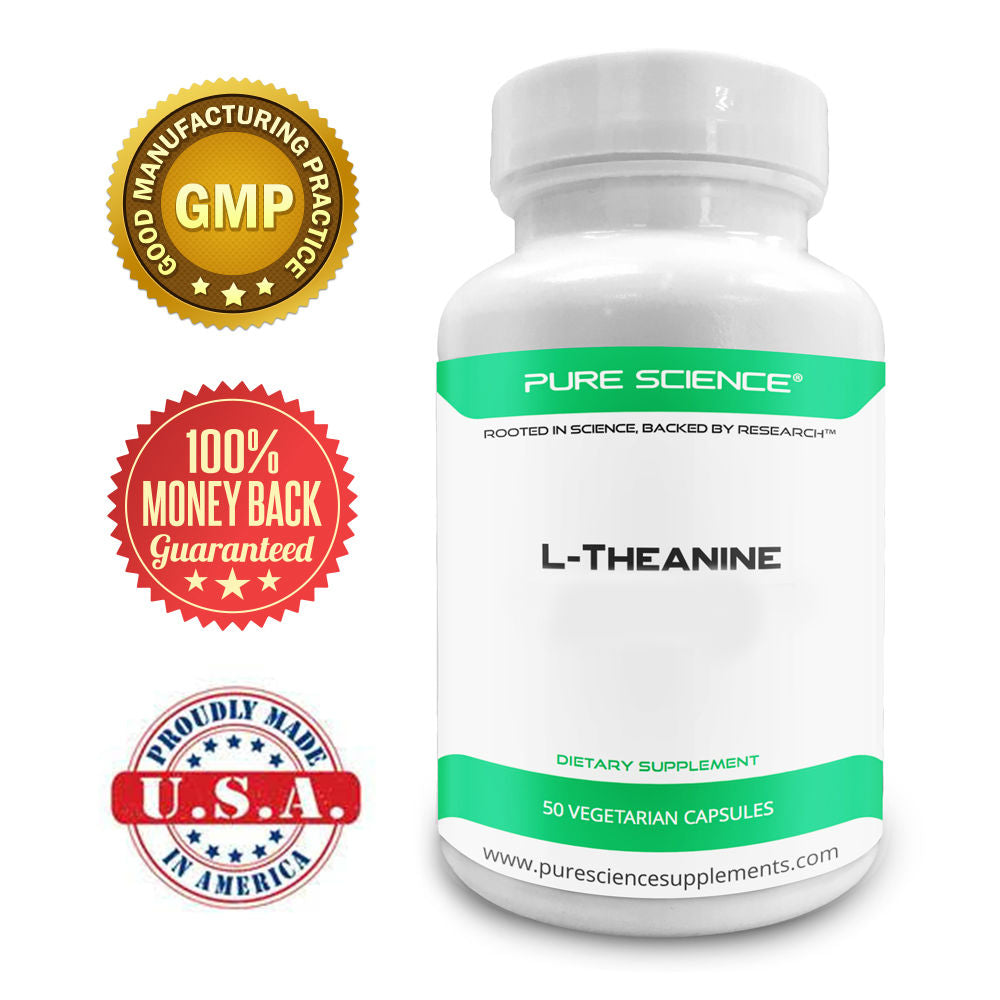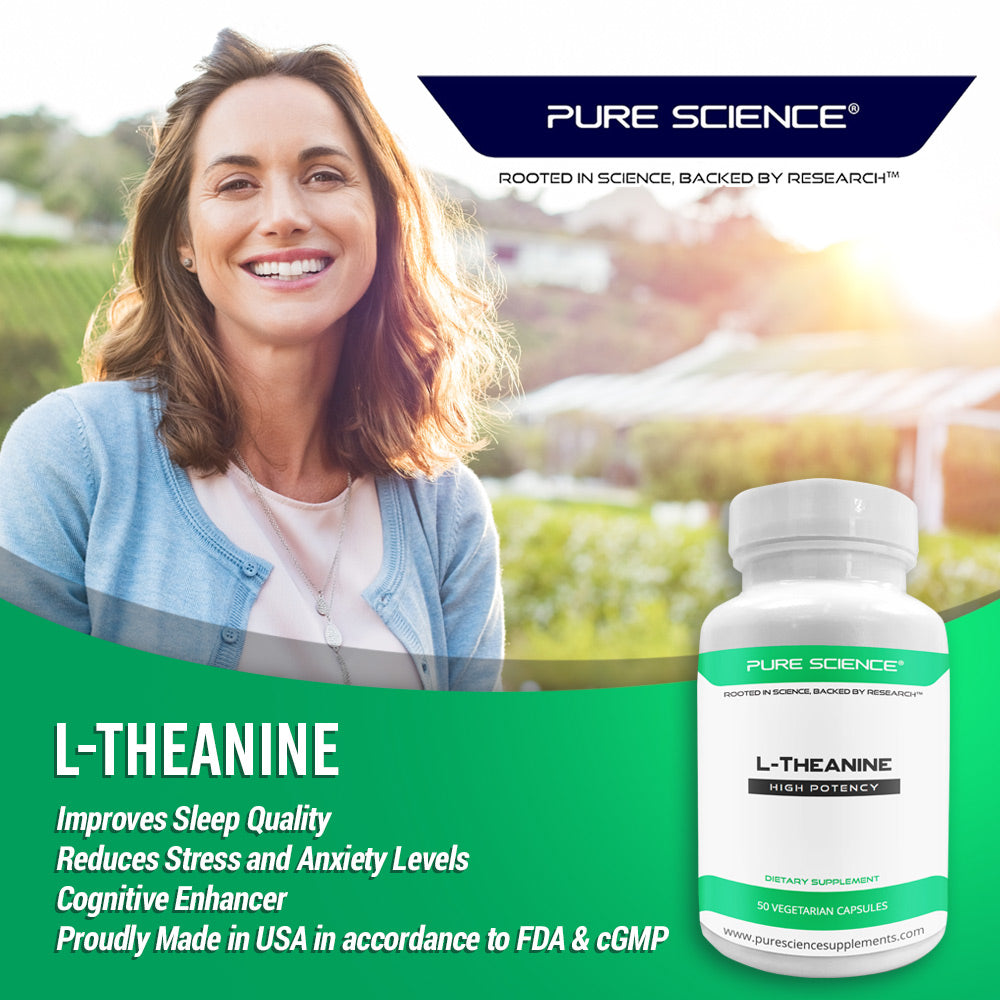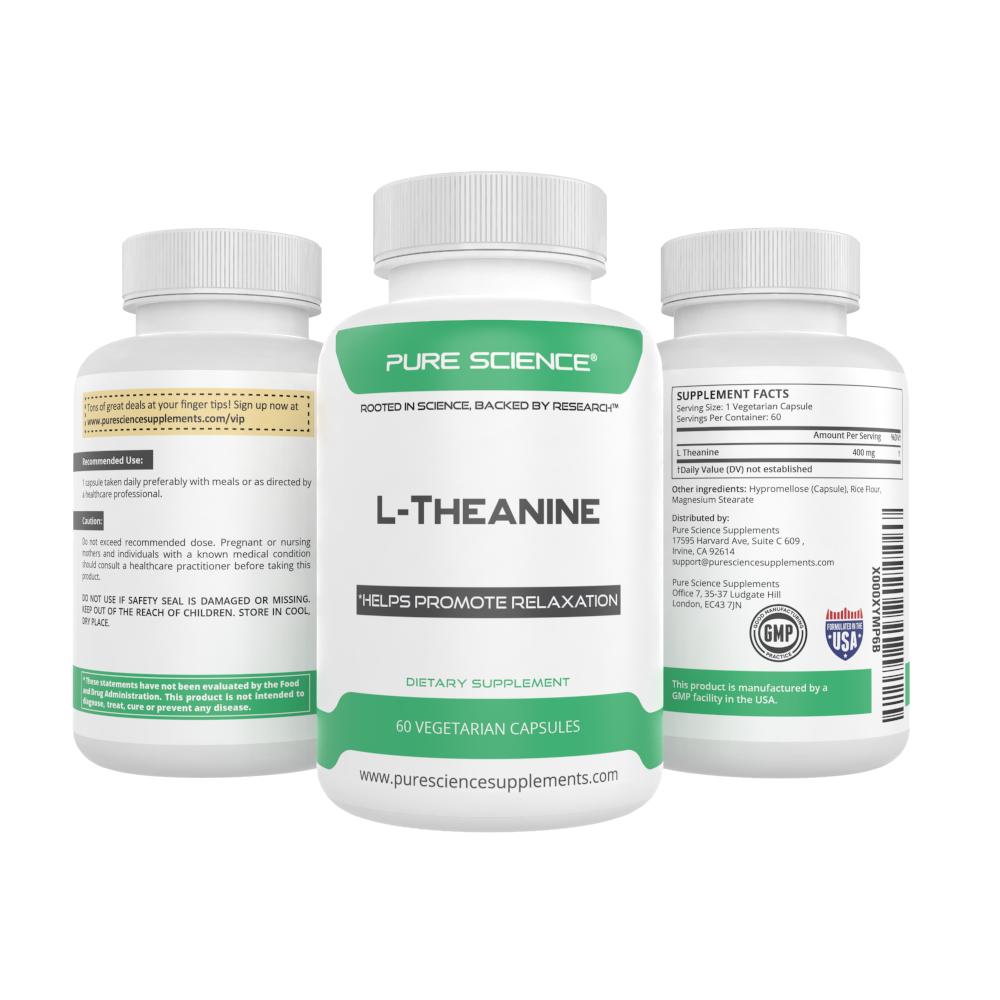Eczema, commonly referred to as atopic dermatitis, is a persistent skin ailment that results in red, itchy, and irritated skin. Atopic dermatitis symptoms can be minor to severe and have a significant negative influence on a person's quality of life. Dry, scaly skin, redness, swelling, severe itching, and the development of bumps or rashes on the skin are all typical signs of atopic dermatitis. Atopic dermatitis can result in bleeding, broken, and puffy skin in extreme cases. Age, genetics, and environmental triggers are just a few of the many variables that can affect an individual's level of atopic dermatitis severity. Often leaving the skin dry and sensitive in between flare-ups, atopic dermatitis is a chronic disorder that tends to flare up at particular times and then diminish. Atopic dermatitis has no known cure, however, there are a number of treatment options that can help control the symptoms and enhance quality of life.
History
When researching the chemical make-up of green tea in 1949, Japanese researchers made the initial discovery of L-theanine. It is an amino acid that is almost solely present in the tea plant and shares structural similarities with the neurotransmitter glutamate (Camellia sinensis). Since its discovery, L-theanine has been investigated for its impact on anxiety, stress, and cognitive function, among other possible health advantages.
How it works
Uncertainty surrounds the precise mechanism through which L-theanine reduces atopic dermatitis symptoms. However, it is believed to function by boosting the brain's production of alpha waves, which are connected to relaxation and attentiveness. Reduced activity of certain neurotransmitters that are involved in mood and emotion control, such as dopamine and serotonin, may also be beneficial.
L-theanine may assist to lessen inflammation and skin irritation, specifically in relation to its impact on atopic dermatitis. Reducing inflammation may help to lessen redness, swelling, and itching because inflammation is a major factor in the symptoms of atopic dermatitis. L-theanine might also have antioxidant qualities that could help shield the skin from oxidative stress brought on by free radicals.
Overall, further research is required to completely understand the mechanisms of action of L-theanine and how it helps to alleviate the symptoms of atopic dermatitis.
Studies and Results
The use of L-theanine for the treatment of atopic dermatitis has been the subject of numerous investigations. In one investigation, L-theanine and other substances were used to treat 60 individuals with atopic dermatitis. The results were published in the Journal of Dermatological Science in 2010. For a period of four weeks, the afflicted areas received twice daily applications of the cream. The study's findings demonstrated that the L-theanine cream had a positive impact on atopic dermatitis symptoms like redness, itching, and inflammation. In comparison to the placebo group, which received no treatment, 71% of the patients who used the L-theanine cream had a significant improvement in their symptoms at the end of the research.
Another trial recruited 40 atopic dermatitis-afflicted kids who received either L-theanine or a placebo for eight weeks. The results were published in the Journal of Dermatological Treatment in 2014. L-theanine reduced the severity of atopic dermatitis in children as determined by the SCORAD index, according to the study's findings (a commonly used scale for evaluating the severity of atopic dermatitis). Compared to the placebo group, the children receiving L-theanine had significantly lower SCORAD ratings at the end of the research.
L-theanine was given in both of these experiments as a cream that was applied topically to the troubled areas. Although there were some variations in the L-theanine dosage employed in these investigations, it was typically between 1% and 2% of the overall cream composition.
In order to properly comprehend the efficacy and ideal dosage of L-theanine for the treatment of atopic dermatitis, it is crucial to keep in mind that these trials are rather small and that further study is required. Nevertheless, these research' findings do point to L-theanine as a potentially effective all-natural treatment for atopic dermatitis symptoms.
Recommended Dosage
The severity of the problem, the patient's age, and any other medications being used will all have an impact on the suggested dosage of L-theanine for the treatment of atopic dermatitis. To determine the right dosage, it is crucial to speak with a healthcare professional before using L-theanine.
L-theanine was given in the form of a cream that was applied topically to the afflicted regions in the studies that have been done on its usage for treating atopic dermatitis. Although there were some variations in the L-theanine dosage employed in these investigations, it was typically between 1% and 2% of the overall cream composition. For instance, in one trial, participants applied 1% L-theanine cream twice daily for four weeks.
It is significant to remember that the ideal L-theanine dosage for the treatment of atopic dermatitis has not yet been established, and additional study is required to establish the amount that is most successful. Any L-theanine product dose recommendations from the manufacturer should be followed, and if you have any questions or concerns, you should speak with a healthcare professional.
Conclusion
Tea leaves contain a natural substance called L-theanine, which has demonstrated encouraging effects in the treatment of atopic dermatitis. It may be a useful choice for the management of atopic dermatitis symptoms, while additional research is required to fully understand its mechanisms of action and the ideal dosage.
References
- Yamada T, et al. L-Theanine, a natural constituent in tea, and its effect on mental state. Asia Pacific Journal of Clinical Nutrition. 2008;17(1):167-168.
- Kim EH, et al. The effect of a topical cream containing L-theanine on atopic dermatitis: a randomized, double-blind, placebo-controlled study. Journal of Dermatological Science. 2010;58(2):163-169.
- Lee JS, et al. Effect of L-theanine on the severity of atopic dermatitis in children: a randomized, double-blind, placebo-controlled trial. Journal of Dermatological Treatment. 2014;25(4):307-312.





